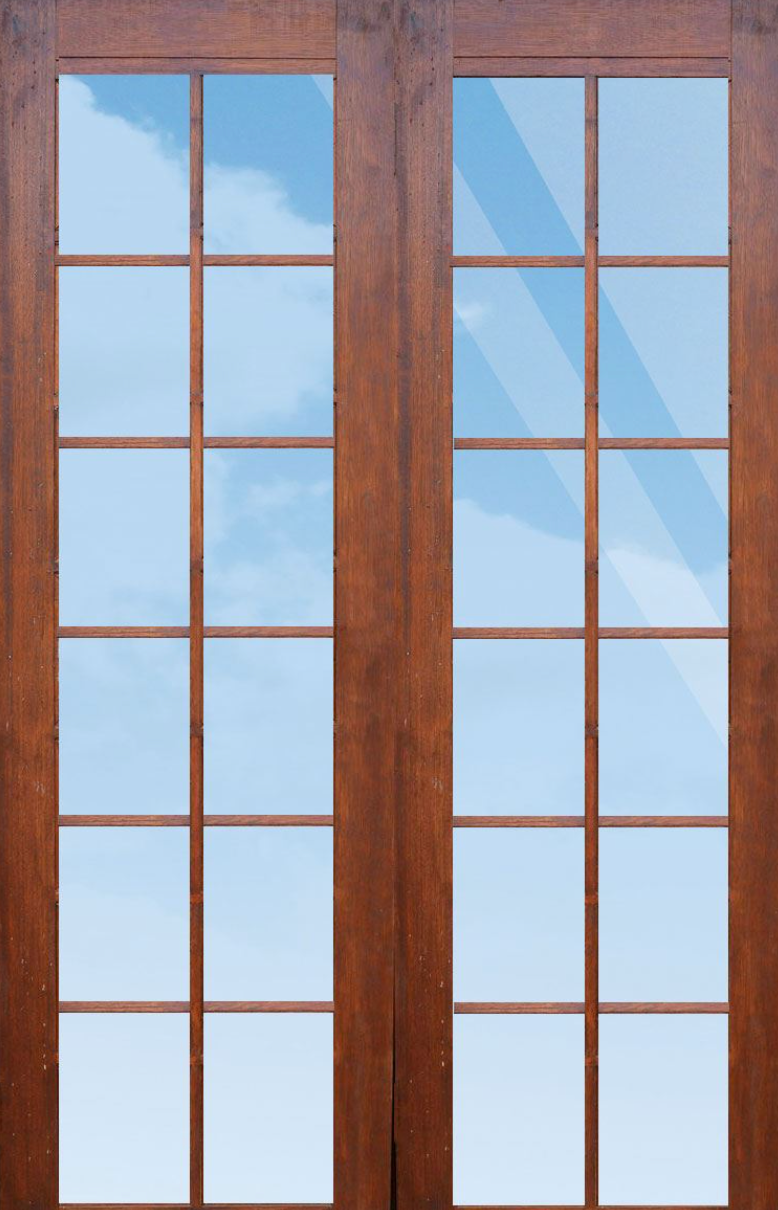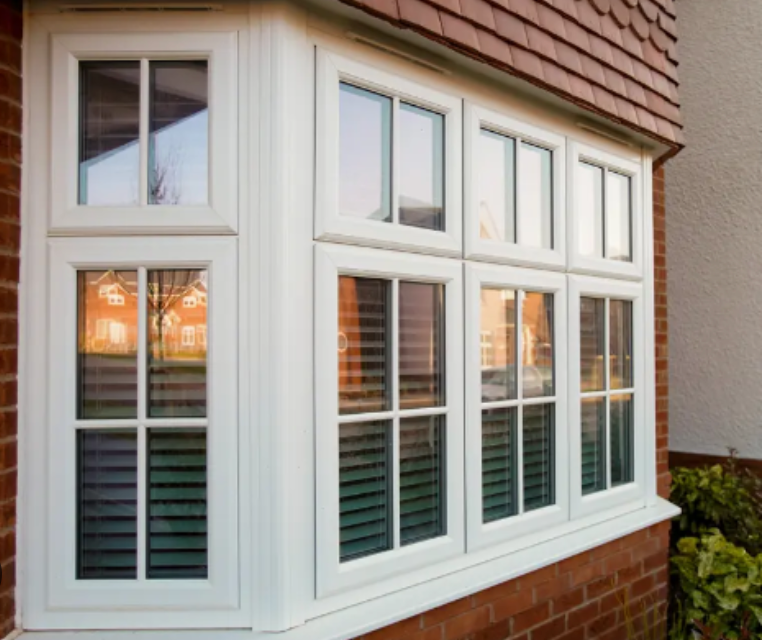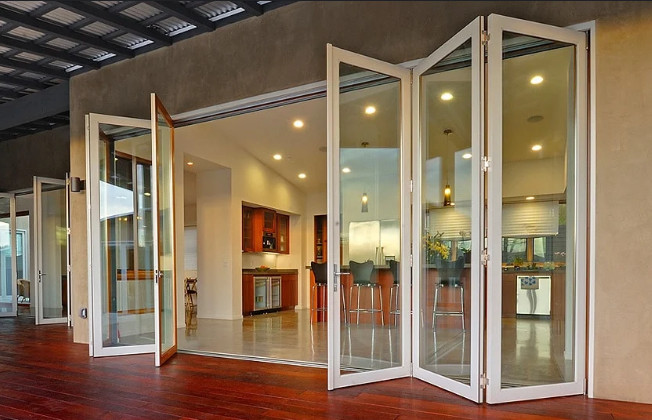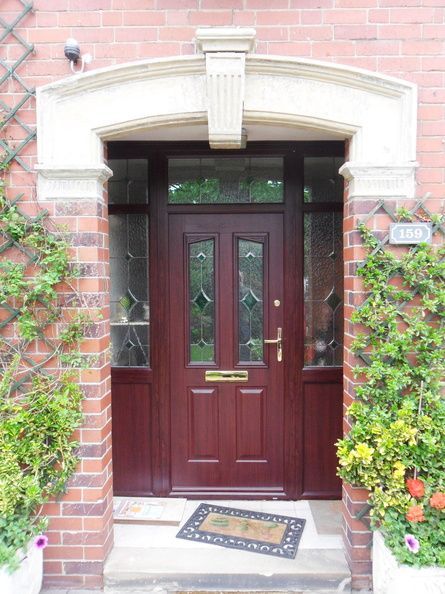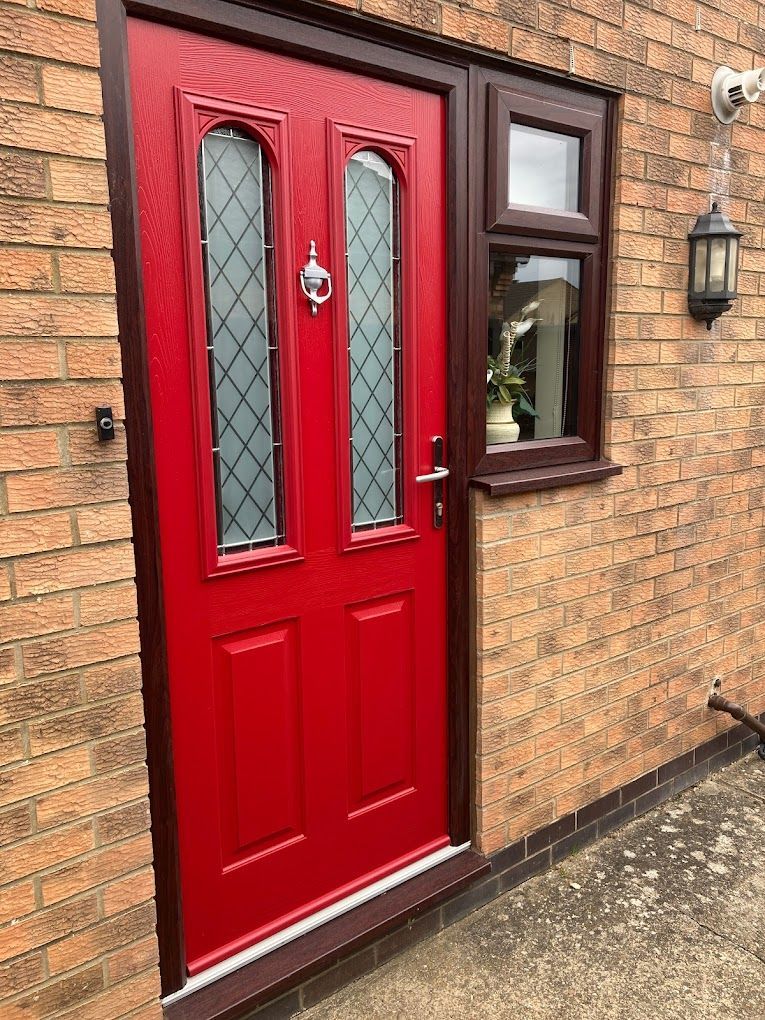Can uPVC windows be recycled?
As a windows and doors company that has been in trade for nearly two decades, we’ve seen the rise and fall of many different techniques and materials. uPVC, or unplasticized polyvinyl chloride, has gained popularity as a durable and energy-efficient material for windows and doors. However, concerns about the environmental impact of uPVC products have led many to wonder if uPVC windows can be recycled. As we all become more aware of environmental concerns and the impact of materials, the more questions are asked and it’s important to know the facts.
uPVC windows typically have a lifespan of 15-20 years before needing to be replaced and with continual shortages in the necessary materials, it is important to make the most use out of the materials we currently have and ensure that it is properly treated and reused.
In this article, we will explore the recyclability of uPVC windows, the processes involved, and the potential benefits for both the environment and the industry. We will also look at how these materials can be reused to ensure that the valuable materials involved in the uPVC manufacturing process aren’t wasted once the glass needs to be replaced.
The Challenge of Recycling uPVC
uPVC is known for its durability and resistance to environmental factors, making it a preferred material for windows and doors. However, these same properties that make it an excellent choice for building materials can pose challenges when it comes to recycling.
One of the primary difficulties in recycling uPVC is the absence of chemical plasticizers, which makes it rigid and non-flexible. Unlike some other plastics, uPVC does not readily lend itself to mechanical recycling methods, such as melting and re-extruding, which are commonly used with materials like PET or HDPE.
This is why many companies often opt for simply reusing the materials in uPVC windows for other products made from uPVC such as drainage pipes and gutters. This allows the materials to avoid going to waste and it also reduces the pressure on landfills.
The Recycling Process
Despite these challenges however, recycling uPVC windows is possible, thanks to advancements in technology and the development of specific recycling methods. This process can be done over 10 times to the same material without any major impact to the quality, providing a far longer lifespan to the material. Here's an overview of the typical recycling process for uPVC windows:
- Collection: The first step involves the collection of uPVC windows from demolition sites, renovation projects, or end-of-life structures. These windows are sorted and separated from other construction materials.
- Decontamination: uPVC windows may contain various contaminants, such as glass, metal components, or sealants. These contaminants are removed through a thorough cleaning and sorting process.
- Shredding: Once cleaned and decontaminated, the uPVC windows are shredded into small pieces. This step reduces the material into manageable granules that can be used in the recycling process.
- Polymerization: The shredded uPVC is then subjected to a process called polymerization, where the material is broken down into its original polymer form. This involves heating the uPVC to a high temperature and then cooling it rapidly.
- Pelletization: The resulting uPVC polymer is further processed into small pellets or granules. These pellets can be used as raw material for manufacturing new uPVC products, including windows and doors.
Benefits of Recycling uPVC Windows
- Environmental Impact: Recycling uPVC windows helps reduce the demand for virgin uPVC, which requires the extraction of raw materials and energy-intensive manufacturing processes. This reduction in demand can lead to lower greenhouse gas emissions and a smaller carbon footprint.
- Resource Conservation: Recycling uPVC conserves valuable resources by extending the lifespan of the material. uPVC can be recycled up to 10 times before the material loses its quality so reusing the materials provides 300 years of use. It reduces the need for landfills and the disposal of uPVC waste, which can take centuries to decompose.
- Energy Savings: The energy required to recycle uPVC is significantly lower than that needed to produce new uPVC from scratch. This results in energy savings and a more sustainable manufacturing process.
In conclusion, uPVC windows can indeed be recycled, although the process is more complex than recycling some other types of plastics. The challenges of recycling uPVC are being addressed through advancements in technology and recycling methods. Recycling uPVC windows offers environmental benefits by reducing the demand for virgin uPVC, conserving resources, and saving energy. As sustainability becomes an increasingly important consideration in construction and manufacturing, the recycling of uPVC windows is likely to become more commonplace in the industry.
As a trusted local windows installer, we take pride in providing a service that is honest and customer-friendly so we know that the environment and reducing the waste and usage of materials such as uPVC and plastics are incredibly important to you. For more information on what we are installing as well as finding out what is the best solution for your home, please get in touch for more information and a free quote.

